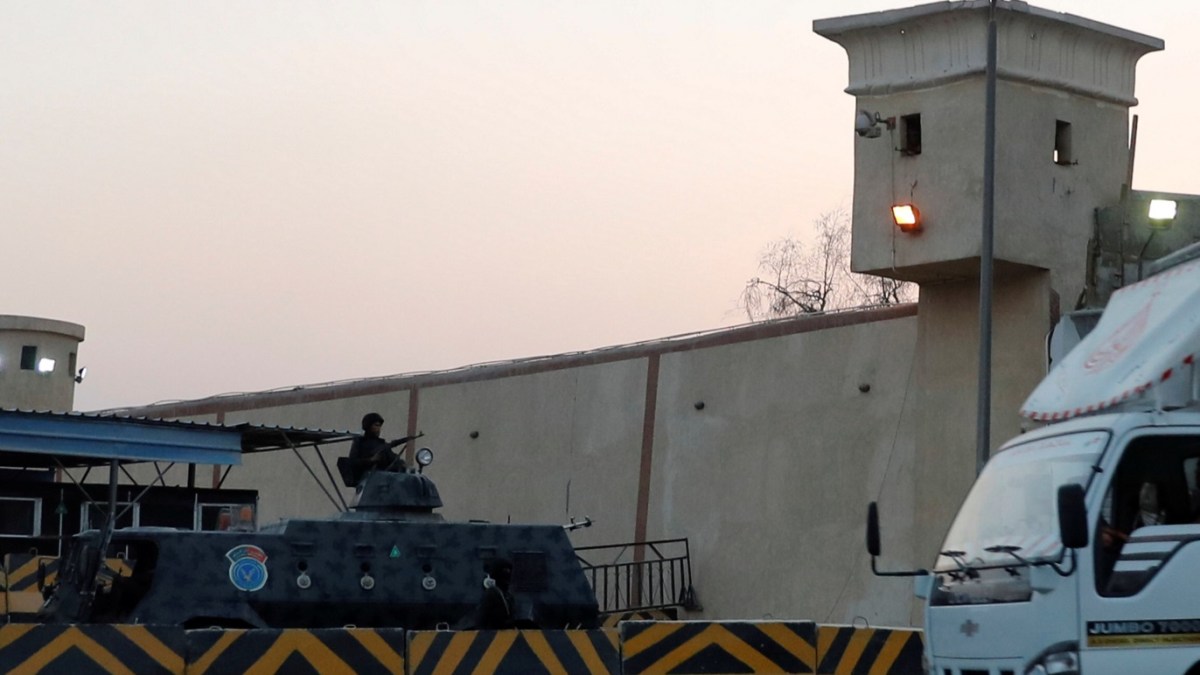Egyptian authorities should release academic Salah Soltan, 51 rights groups said, noting that he is at "risk of sudden death."
The rights groups urged the Egyptian authorities to ensure immediate and urgent access to life-saving medical care and to effectively and transparently investigate allegations of torture and ill-treatment.
Dr. Salah Sultan, 63, said in a leaked letter on 20 of last month that authorities in Badr 1 prison, east of Cairo, denied him proper health care despite serious heart and liver diseases, among other serious diseases, noting that the deliberate denial of health care may amount to torture.
In letters to the Biden administration, which the family shared with rights groups, independent doctors said they feared Salah Sultan was at "risk of sudden death" a decade after his arbitrary detention and subsequent unjust conviction on political charges.
Adam Coogle, deputy Middle East director at Human Rights Watch, said: "On top of an unfair trial for him, Egyptian authorities have deliberately violated Salah Soltan's rights by denying him access to health care. "At a minimum, the authorities should transfer him to a qualified medical facility where he can be treated by independent therapists without hindrance."
Before moving to the United States, Sultan was a professor of Islamic law at Cairo University. Later, he founded and served as president of the Islamic American University in Dearborn, Michigan from 1999 to 2004. As a permanent resident in the United States, Sultan lived and worked in the United States for more than a decade before his arrest in Egypt in September 2013.
An Egyptian court sentenced Soltan to life in prison in September 2017 in a mass trial that witnessed "severe violations of fair trial standards and due process," according to the organizations.
In 2018, the UN Working Group on Arbitrary Detention determined that Soltan's detention was arbitrary, as the authorities failed to provide credible evidence that he violated the law, and that his trial violated his rights to political participation, freedom of expression and peaceful assembly.
In recent years, Soltan's family said authorities did not provide him with adequate health care for either his chronic or in-prison conditions, including diabetes, hypertension, hepatitis C, herniated disc and other diseases.
Authorities held Soltan incommunicado several times, sometimes for months, during which time the family knew nothing about his health or whereabouts.
Signatories include FIDH, Amnesty International, the British Association for Middle Eastern Studies, Democracy Now for the Arab World, the Egyptian Initiative for Personal Rights, Human Rights First, as well as Human Rights Watch and the Syrian Network for Human Rights.

